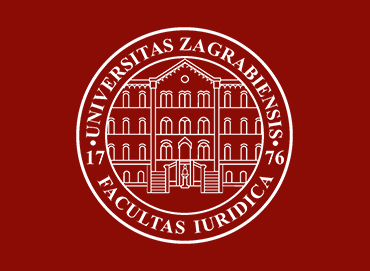
AKTUALNOSTI
Najave
Jean Monnet Visiting Lecture Series “Circular Economy and EU Citizens”
Jean Monnet Department of European Public Law with Jean Monnet Module “Climate Change Law in th...
Dani karijera Studijskog centra socijalnog rada
Dani karijera Studijskog centra socijalnog rada održat će se od 7. do 9. svibnja 2024. godine u d...
Doktorska konferencija Pravnog fakulteta Sveučilišta u Zagrebu
DOKTORSKA KONFERENCIJA PRAVNOG FAKULTETA SVEUČILIŠTA U ZAGREBU Društvo sveučilišnih nas...
AKTUALNOSTI
Događanja
Uspjeh studenata Pravnog fakulteta Sveučilišta u Zagrebu na Brown Mosten međunarodnom natjecanju u sudjelovanju stranaka
Tim Pravnog fakulteta u Zagrebu, predvođen Klarom Radić i Nikolinom Filipović, pod mentorstvom dr...
Radni posjet profesora Stanisława Gozdz-Roszkowskog sa Sveučilišta Łódź
Pravni fakultet u Zagrebu ovog je tjedna posjetio profesor pravne lingvistike Stanisław Gozdz-Ros...
Linguae artis – O važnosti poznavanja stranih jezika u pravnoj struci
U četvrtak, 21. travnja 2024. održana je tribina pod naslovom Linguae artis – O važnosti poznavan...
O PRAVNOM FAKULTETU
250 godina znanja, iskustva i unaprjeđivanja pravnog obrazovanja
Misija Fakulteta je obrazovanje vrhunskih stručnjaka u području prava, socijalnog rada, javne uprave i javnih financija koji će svojim znanjem i vještinama unaprijediti praksu, obrazovanje te znanstveno-istraživački rad u navedenim područjima.

STUDIJI
Postani student Pravnog fakulteta Sveučilišta u Zagrebu
O NAŠIM STUDIJIMA
Istraži sve detalje studijskih programa i postani dio stručne zajednice.
Saznaj više
















